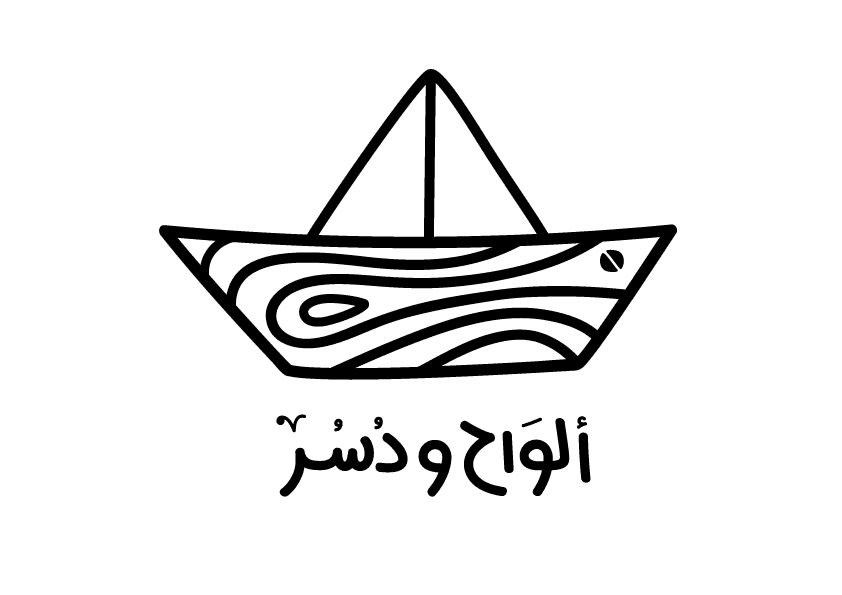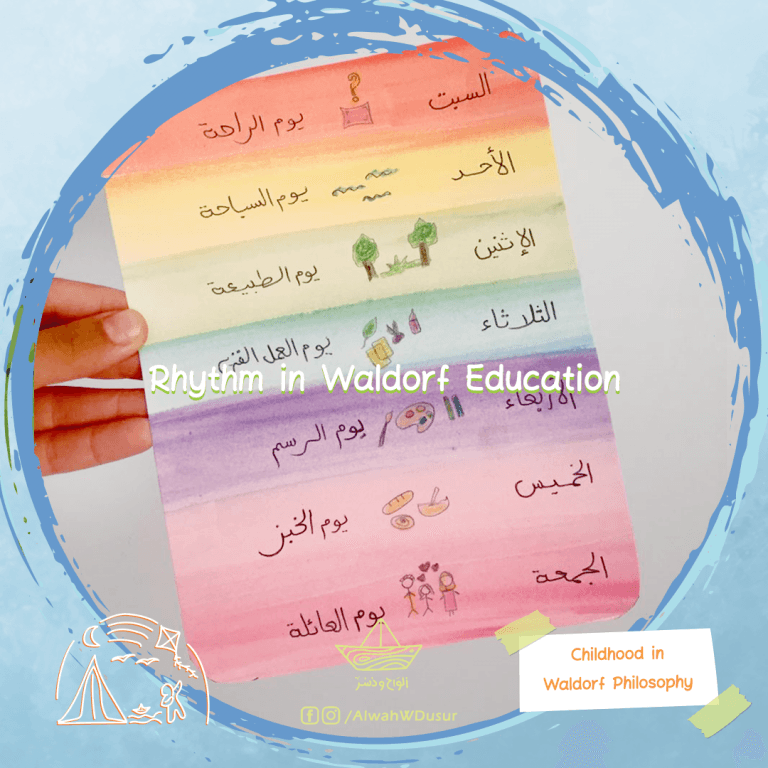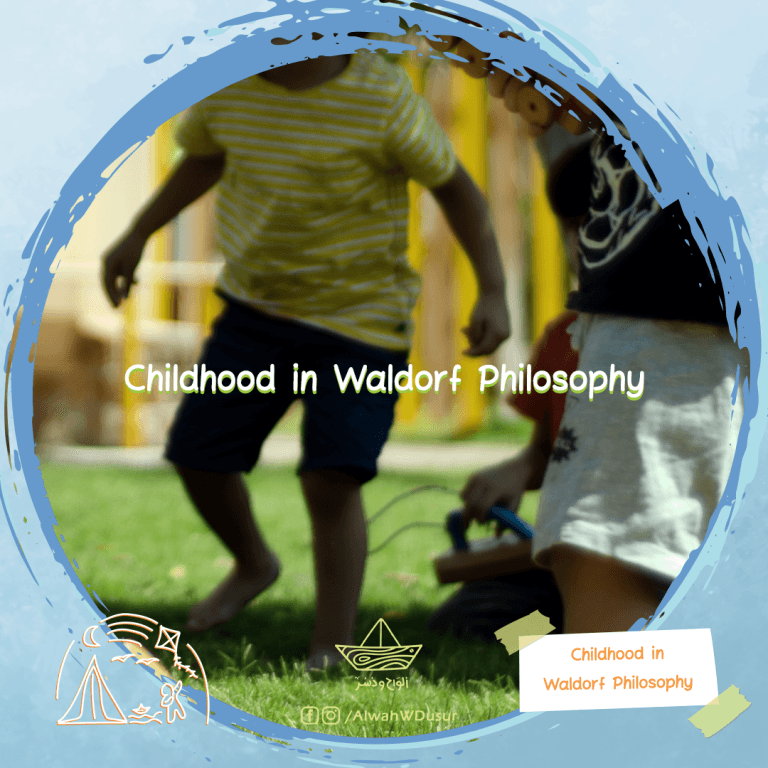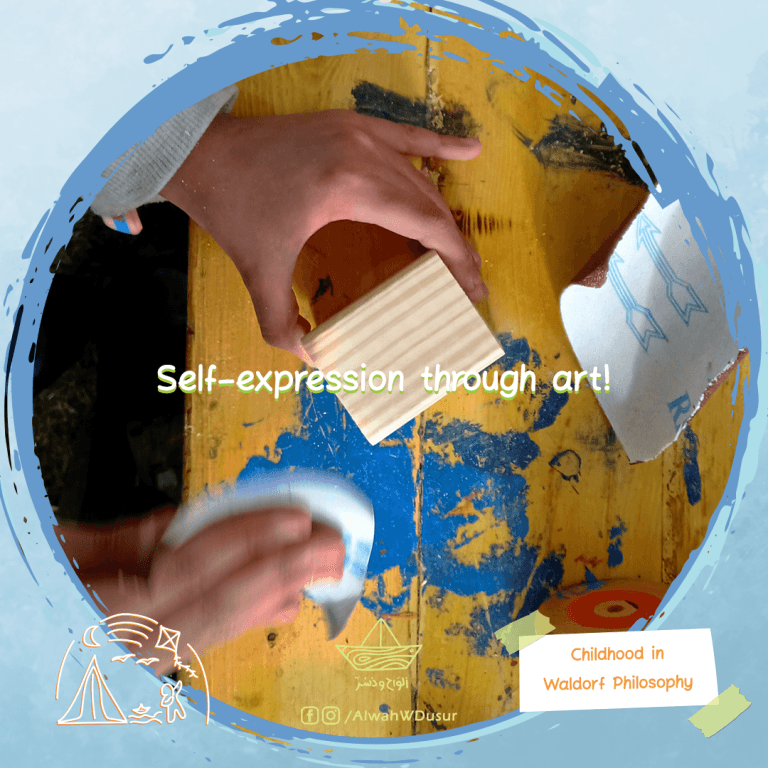Open-ended Free Play
[vc_row][vc_column][vc_column_text]
Play is the center of childhood and a right for every child, one of the biggest advantages of play is that it can be practiced anywhere, at any time, with or without any tools!
Free play is an instinct that children are born with. It represents joy, enjoyment, and happiness. Their main concern in life is just to play.
Waldorf philosophy encourages free, dramatic and imaginative play as an essential part of a child’s daily life. But, what happens today?!
We are stealing children’s right to free play through the illusion of organized play and educational toys only!
In the early years of the child’s life, toys should avoid the direct educational purpose, and focus on a play that is followed with freedom and led by the child.
The child is the one who plays, creates, practices the toy, starts and ends it, the child’s imagination and creativity are the main controllers in the playing process.
Therefore, philosophy is concerned with creating a play environment in which many open-ended only, such as dolls, puppets, simulated kitchen tools, wooden animals, houses, and imaginative elements that help the child in open-ended, free, and unrestrained play.
This play is considered the natural way in which a child experiences life, imitates adults, acquires creative and problem-solving skills, and many hidden skills are gained through this innate play.
This is an open invitation from us to let your children spend their entire childhood playing with toys since it is better than many directed activities!
Tell us about your child’s free imaginative and dramatic play, what is their favorite toy that they use for it?
[/vc_column_text][/vc_column][/vc_row]







